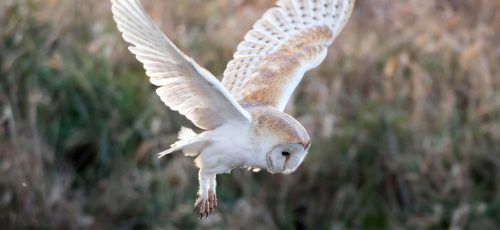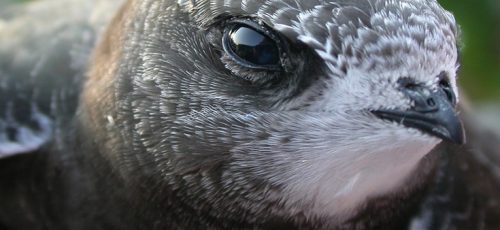- Projects
Akrotiri Marsh Restoration
Akrotiri Marsh (also known as Fassouri marsh/reedbed) is a unique natural wetland in Cyprus covering an area of 150 hectares. It is part of the of the Akrotiri wetland complex, the largest natural wetland complex of the island. The wetland is protected under Ramsar Convention, it is a recognized Important Bird Area (IBA) and designated as a Special Protection Area (SPA), equivalent to the EU designation, according to the mirror law (26/2007) in the Cyprus Sovereign Base Areas (SBAs).
Important breeding birds at Akrotiri Marsh are Ferruginous Duck, Spur-Winged Lapwing, Black-Winged Stilt, Black Francolin and probable Little Bittern. Also of note are the Reed Warbler and Black-headed Yellow Wagtail, which breed only at a few sites in Cyprus. The site is amongst the best breeding sites in Cyprus for the Ferruginous Duck.
Besides its importance for birds, Akrotiri Marsh is also important for its flora, as the site hosts some rare and threatened species that are included in the The Red Data Book of the Flora of Cyprus.
Despite its importance, Akrotiri Marsh suffered from lack of management. To restore its biodiversity and enhance the wetland’s importance for the local community, a restoration project was initiated in 2015, with funding from the Darwin Plus program.


The project for the restoration of Akrotiri Marsh
The project “Akrotiri Marsh Restoration: a flagship wetland in the Bases” funded by the Darwin Initiative, aimed at restoring Akrotiri Marsh to a mosaic of habitats, similar to the state it was in some decades ago. This would also lead to the restoration of species diversity at the site and it also provide increased socio-economic opportunities for local villagers.
A combination of landscaping works, water management actions and management of vegetation using grazing animals aimed at habitat modification took place in order to create a mosaic of habitats and increase species diversity while improving conditions for priority breeding species such as the Spur-winged Lapwing Vanellus spinosus, the Black-winged Stilt Himantopus himantopus and the Ferruginous Duck Aythya nyroca. By opening up the reed-bed, more space for grazing will also be provided and therefore opportunities for livestock keeping will increase, a traditional activity at the site. Grazing is a key management action that will also contribute to longer-term reed management.
The project also produced a series of baseline studies: a topographical survey, a bird productivity study and population assessment for key breeding birds and a study on the native Killifish Aphanius fasciatus. The baseline studies will assist in monitoring change and project impact. During project implementation key variables were monitored, i.e. water quality, bird and plant species richness and abundance. To ensure the sustainable long-term management of the site, a water management regime and a site management plan with clear objectives were also prepared.
To engage the local community and to spread the message of nature conservation to a wider audience, the project created facilities for visitors, such as an observation tower and a birdwatching hide, a walkway for visitors and information signs on site and leaflets. Opportunities for traditional handicraft production were enhanced and promoted in order to support the local community.
The two-year project funded by the Darwin Initiative through UK Government funding (Darwin Plus, the Overseas Territories Environment and Climate Fund) was implemented with BirdLife Cyprus as a lead partner and in collaboration with the Akrotiri Environmental Education Centre and the RSPB (BirdLife in the UK).
The successful completion of this project in May 2017 would not have been possible without the active involvement and support of dedicated people and bodies. The project team would like to thank especially the Darwin Initiative for providing the funds to carry out this project and the Tasso Leventis Conservation Foundation for its financial support to BirdLife Cyprus. Thanks also go to all the collaborators, researchers, contractors, birdwatchers, photographers, graziers and basket makers who provided valuable information and feedback that has been helpful to the restoration and management efforts. We would also like to thank the Akrotiri Community and Council for embracing and supporting this Darwin project throughout its duration.
For more information on the project and Akrotiri Marsh please visit www.akrotirimarsh.org



